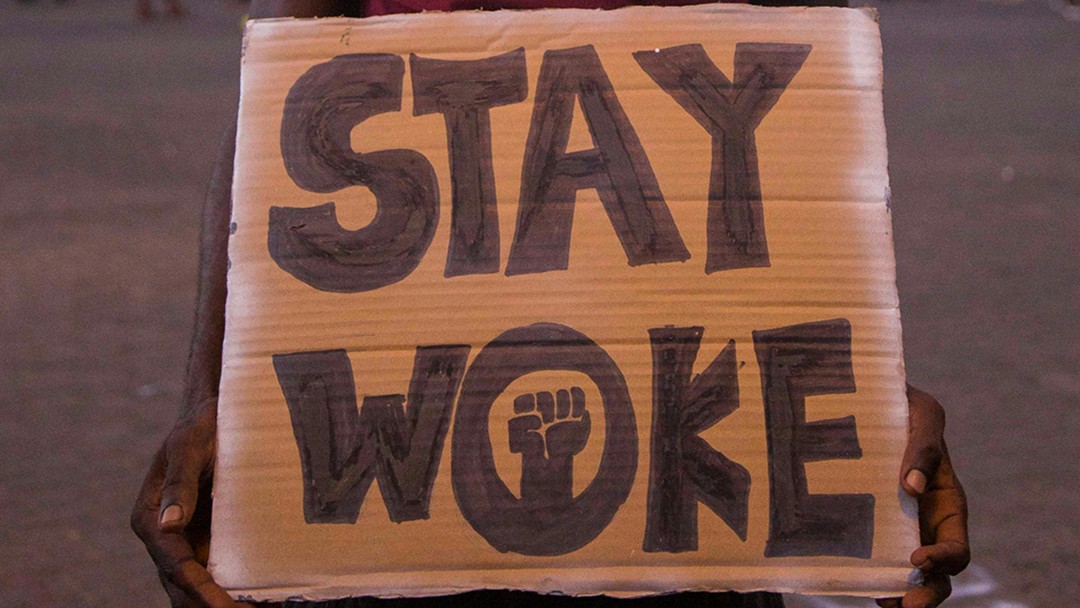Through assessing individual commitment to principles of social justice, psychological researchers have uncovered a negative correlation between progressive ideals and levels of happiness.
Do you consider yourself chronically online?
Unless you’re spending less than seven hours on phones or computers every day, it’s likely you fit the bill. As our reliance on screens and social media steadily increases, so too does our anxiety toward global events beyond our control.
Not only are we now privy to the most intimate details of what anyone with a platform is doing at any given moment, but escaping constant influxes of negative news has become impossible.
Regardless of how hard we try to distance ourselves using tools such as screen time limiters, content restrictors, and muting features, it can be a real challenge to log off and stay out of the loop.
‘Young people are the least happy age group,’ writes social affairs correspondent Robert Booth for the Guardian.
— Yellow Dot Studios (@weareyellowdot) March 19, 2024
‘This comes amid increasing concern at the impact of rising social media use, income inequalities, the housing crisis, and fears about war and climate change on the happiness of children and young people.’
Of course, for Gen Z, a cohort of young people innately dedicated to causes with the potential to generate change, staying up to date is of great importance.
But what if I told you that this connection to current events – perpetuated by how heavily we rely on our devices – was having a significant impact on our overall wellbeing?
Specifically, ‘being aware of and actively attentive’ to them, as reads the Merriam-Webster definition of ‘woke.’




















